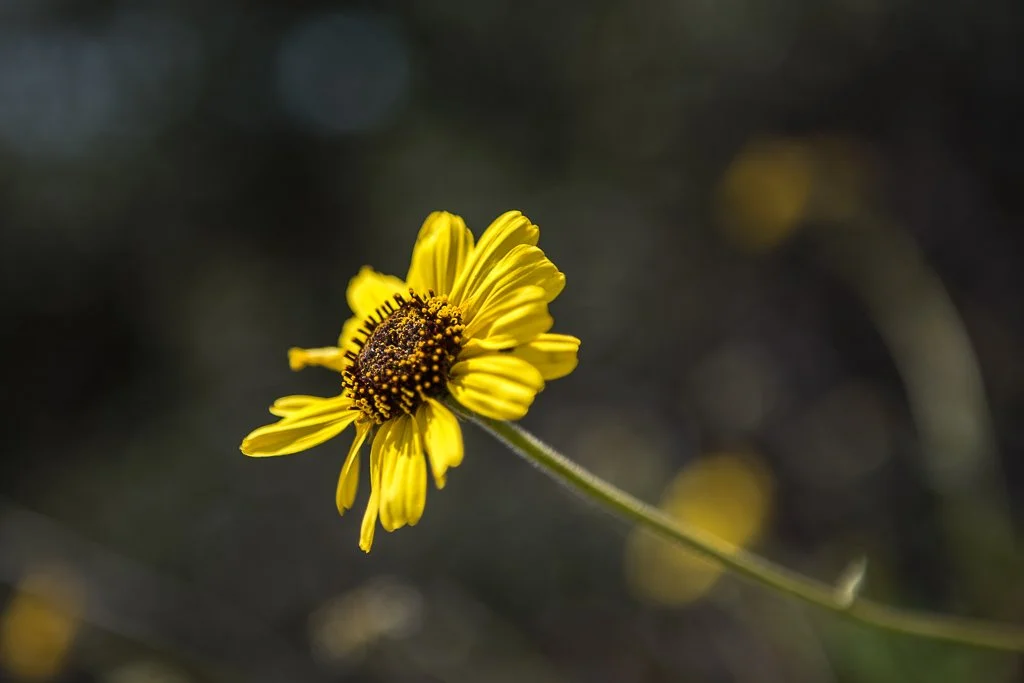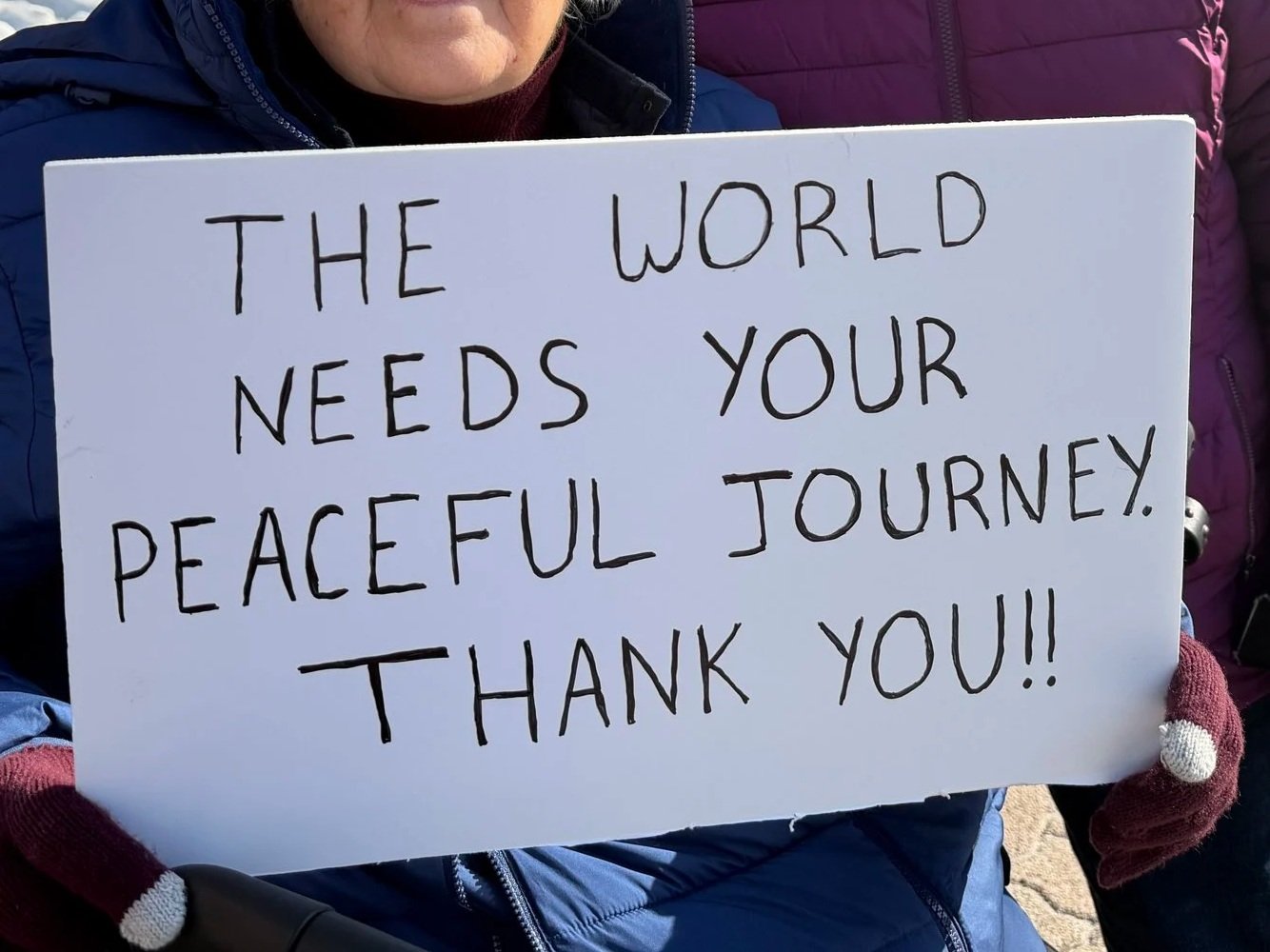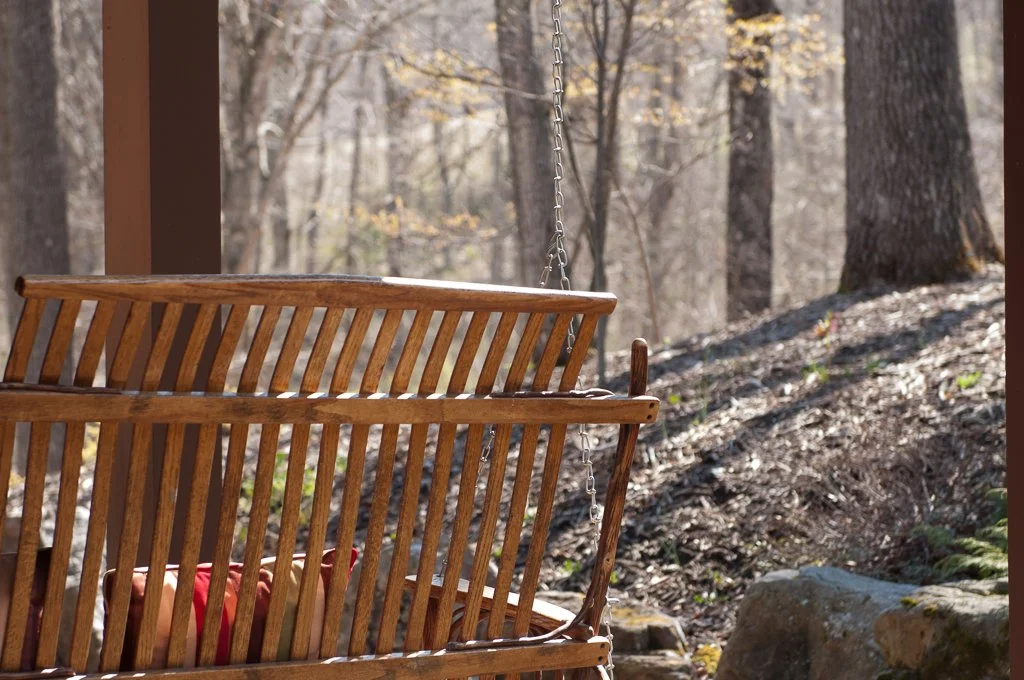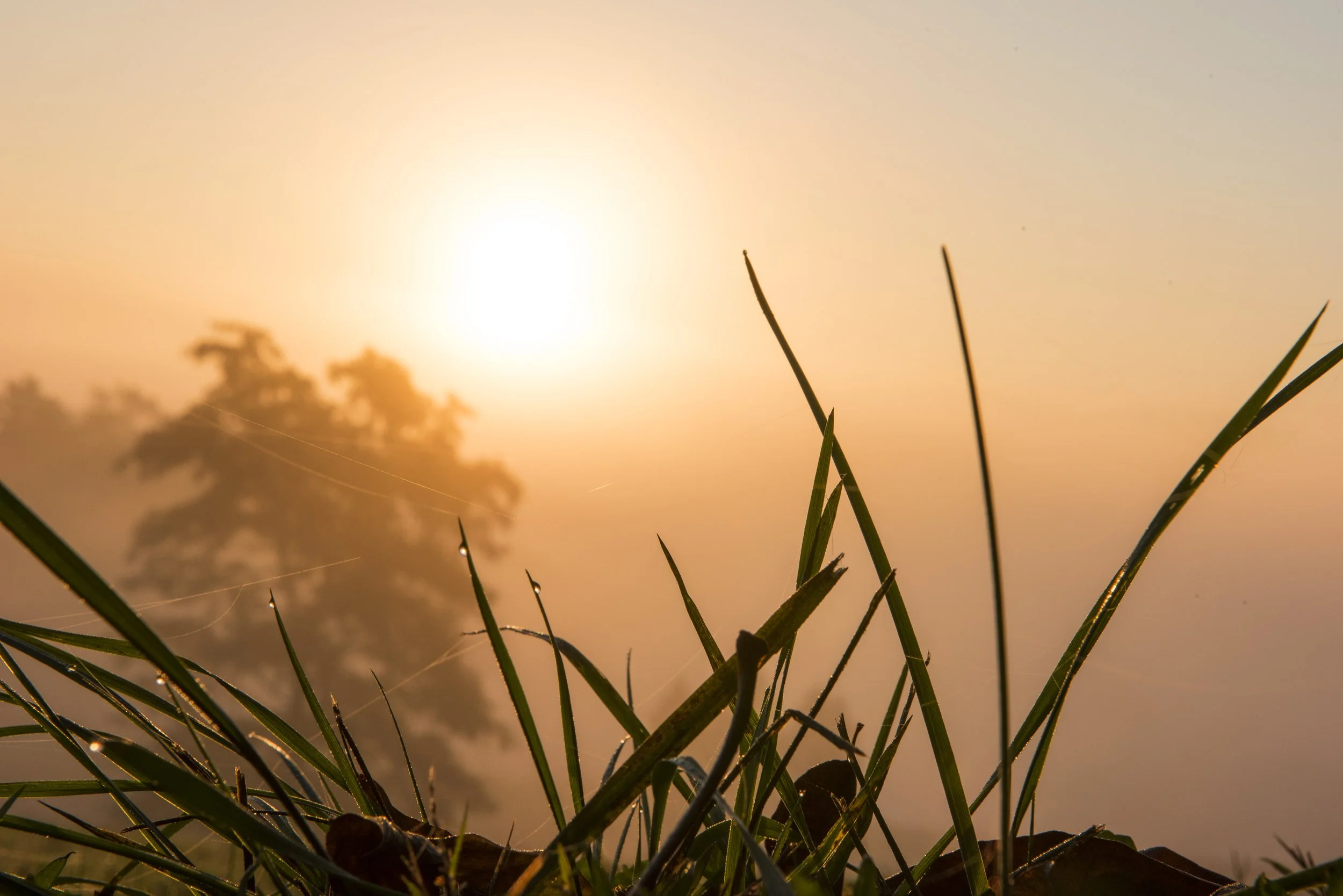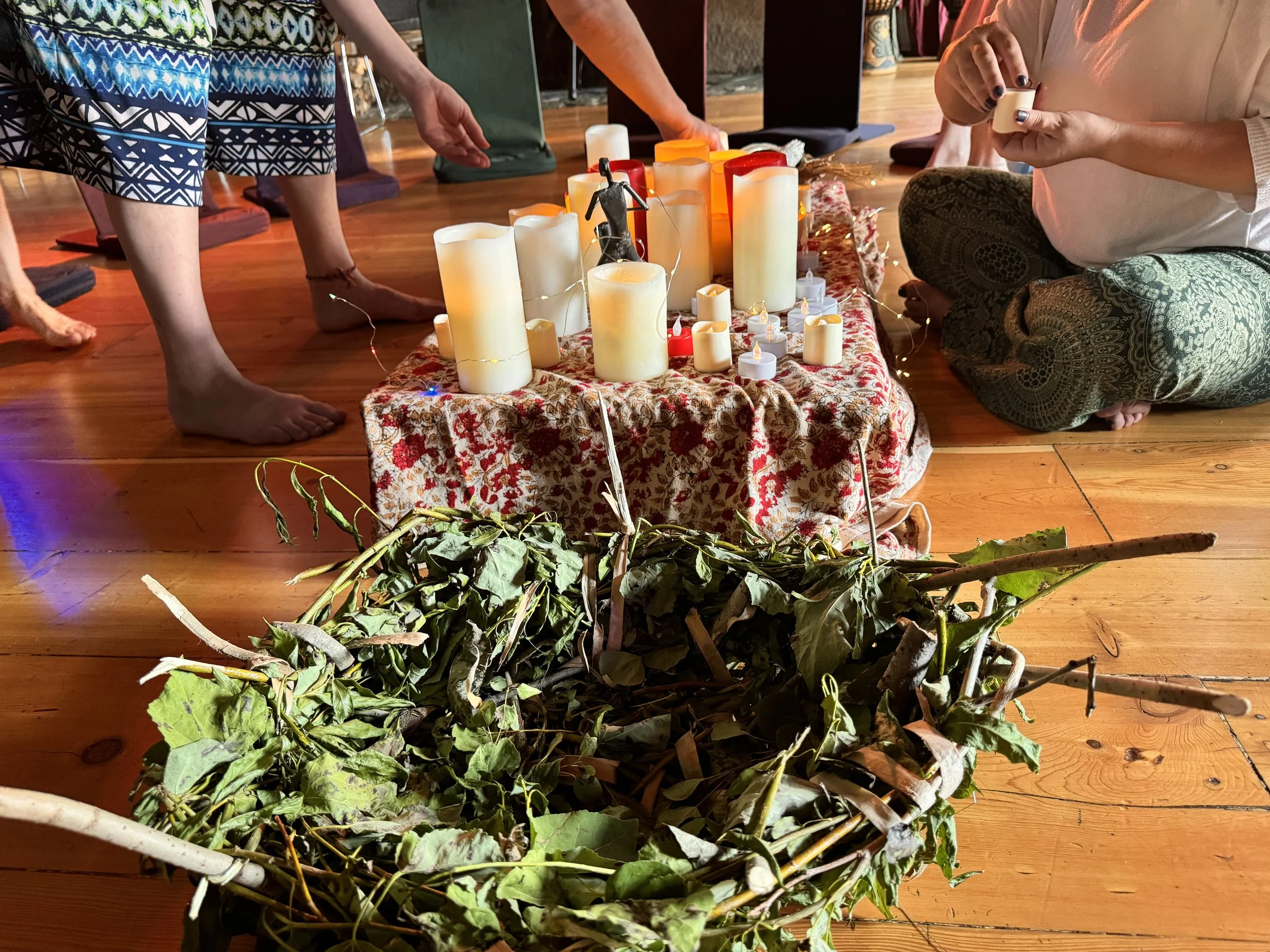Note: This little reflection was inspired by a recent prayer shared by Nadia Bolz-Weber—a writer and public theologian who is one of the most refreshingly honest spiritual voices around. She brings irreverence and reverence together in a way that’s uniquely her own and a little bit badass—in the best possible way.
These days, many of us find ourselves caught in a strange and relentless fog—swept up in headlines that defy logic, behavior that mocks decency, and a rising tide of cruelty masquerading as strength. It's hard to make sense of it all, harder still to stay grounded in a world that seems increasingly untethered from truth, compassion, and common sense.
Even with good intentions and healthy habits—movement, rest, nourishing food, time outdoors—there’s often a lingering sense of fatigue. Not just physical tiredness, but something deeper: a spiritual or emotional weariness that seems to settle in the bones.
When the mind turns toward the future, it can feel like walking into a hall of mirrors. Questions multiply. Like, “Are we past the point of no return?”
In times like these, the practice of presence can feel almost impossible—or at least insufficient. And yet, even in the swirl of uncertainty, there are moments when something simpler emerges. A shaft of sunlight across the floor. The rhythm of a steady breath. A flower blooming without concern for human chaos. Recently, for me, it was my kayak floating quietly on a nearly still body of water after I stopped paddling and my little water craft drifted by a log covered in turtles sunning themselves.
This kind of noticing doesn’t solve anything, but it shifts something. A pause. A softening. A return.
It’s a small act of turning attention from noise to stillness, from overwhelm to something more tangible and real.
This is the pivot.
Not a fix or a cure. Not a bypass. But a gentle redirection—away from the spinning thoughts and toward the ground beneath our feet, the breath in our lungs, the body that knows how to be here.
The pivot asks:
What if steadiness doesn’t come from controlling the world, but from sensing this moment more clearly?
What if we could meet fear and fatigue not with frantic effort, but with compassionate awareness?
What happens when we stop trying to think our way out, and instead feel our way back in?
Maybe we don't need to wait for perfect conditions. The pivot is available in any moment. It’s the act of remembering we are still here. Still breathing. Still capable of noticing beauty, even now.
And perhaps that noticing—fragile, fleeting, imperfect as it may be—is what reconnects us to our humanity. To each other.
